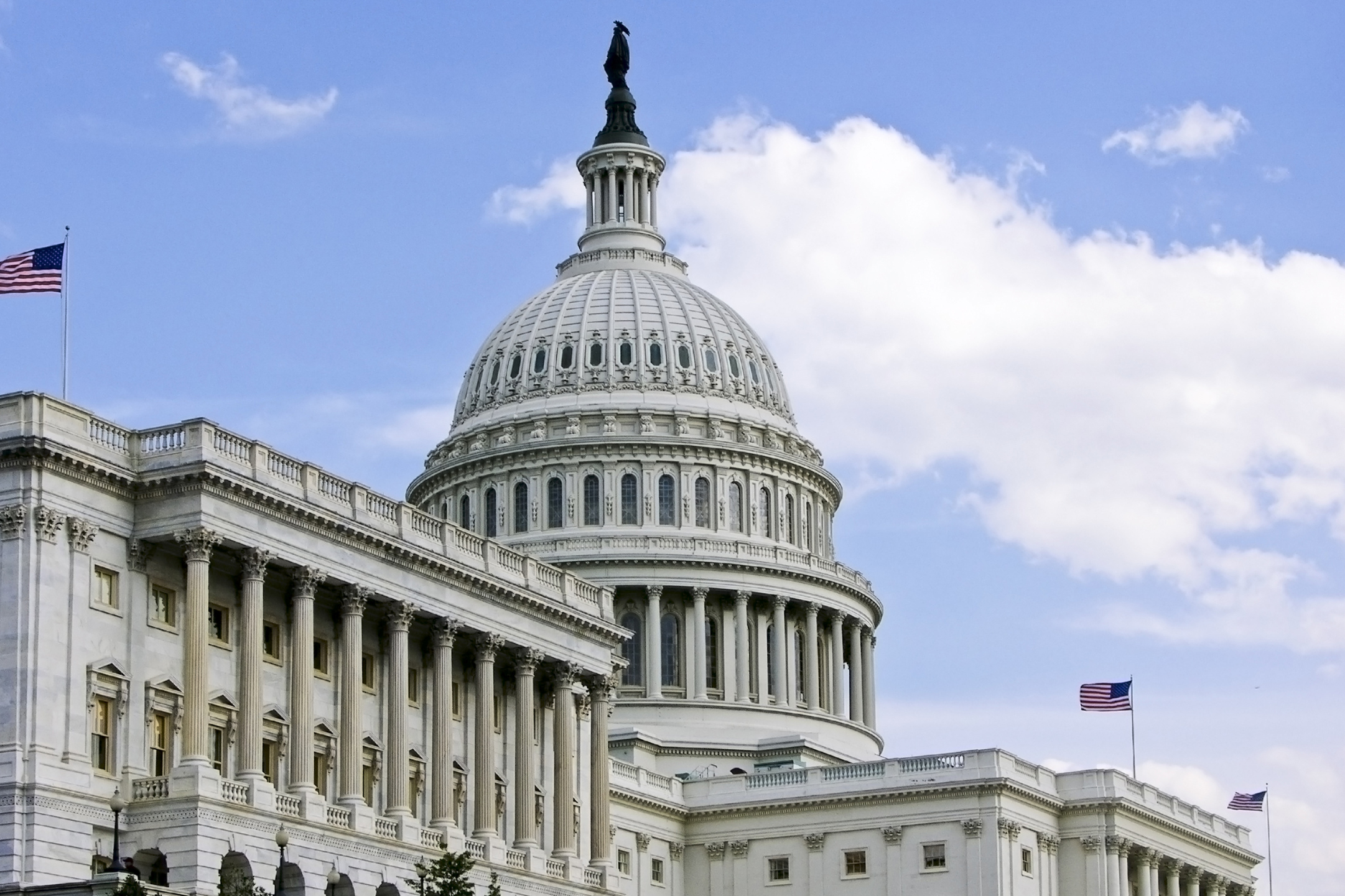Cyber security Information Sharing Act passed in US
The controversial bill has sparked concerns over privacy


The US Senate has voted to pass the controversial Cyber security Information Sharing Act (CISA), despite huge objections from privacy and civil liberties groups.
The Senate voted 74 to 21 in favour of the bill, which allows voluntary sharing of information with US law enforcement agencies. However, the government has insisted the bill will not allow agencies to spy on the public, merely making it easier for them to obtain information where it's needed.
One anti-CISA group, a collection of university professors from Princeton Center for Information Technology Policy objected to the plans. "The Freedom of Information Act would be neutralised, while a cornucopia of federal agencies could have access to the public's heretofore private-held information with little fear that such sharing would ever be known to those whose information was shared," it said.
"Is this type of surveillance absolutely necessary?" chief evangelist at GRC software company, MetricStream French Caldwell questioned. "The answer may vary industry to industry. The sharing of information is voluntary. Businesses are not required to do so, but there are clear benefits to doing so."
After talking to a variety of personnel at banks, electrical utilities, energy companies, and hospitals, he learned that hackers are attacking organisations, including businesses and governmental departments daily. Nation states are also a threat, targeting companies to steal intellectual property and find weaknesses in critical infrastructure.
"Entities who share will have access to the pooled cyber threat intelligence of the system that is maintained by DHS. Participants can also gain access to classified and unclassified threat analysis from the federal government. There are significant privacy protections in the legislation, and participants also will enjoy liability protections from anti-trust rules."
Edward Snowden commented on Twitter: "We'll name the names of people who voted in favor afterwards. A vote for #CISA is a vote against the internet," while other senior figures at high-profile companies such as Salesforce, IBM, Microsoft, Adobe, Oracle and Symantec all denounced the act.
Get the ITPro daily newsletter
Sign up today and you will receive a free copy of our Future Focus 2025 report - the leading guidance on AI, cybersecurity and other IT challenges as per 700+ senior executives
The passing of the bill could have a significant impact on a number of cases being heard in the US at the moment, including Apple's refusal to unlock an iPhone related to a drugs crime, which has quickly turned into an encryption debate, and Microsoft's two-year court case that explores the legality of giving an unnamed US intelligence agency access to confidential Outlook email information stored outside the US.
Additionally, it could also have ramifications on the ongoing Safe Harbour agreement conversations that are exploring the intricacies of data transfers between Europe and the US.

Clare is the founder of Blue Cactus Digital, a digital marketing company that helps ethical and sustainability-focused businesses grow their customer base.
Prior to becoming a marketer, Clare was a journalist, working at a range of mobile device-focused outlets including Know Your Mobile before moving into freelance life.
As a freelance writer, she drew on her expertise in mobility to write features and guides for ITPro, as well as regularly writing news stories on a wide range of topics.

